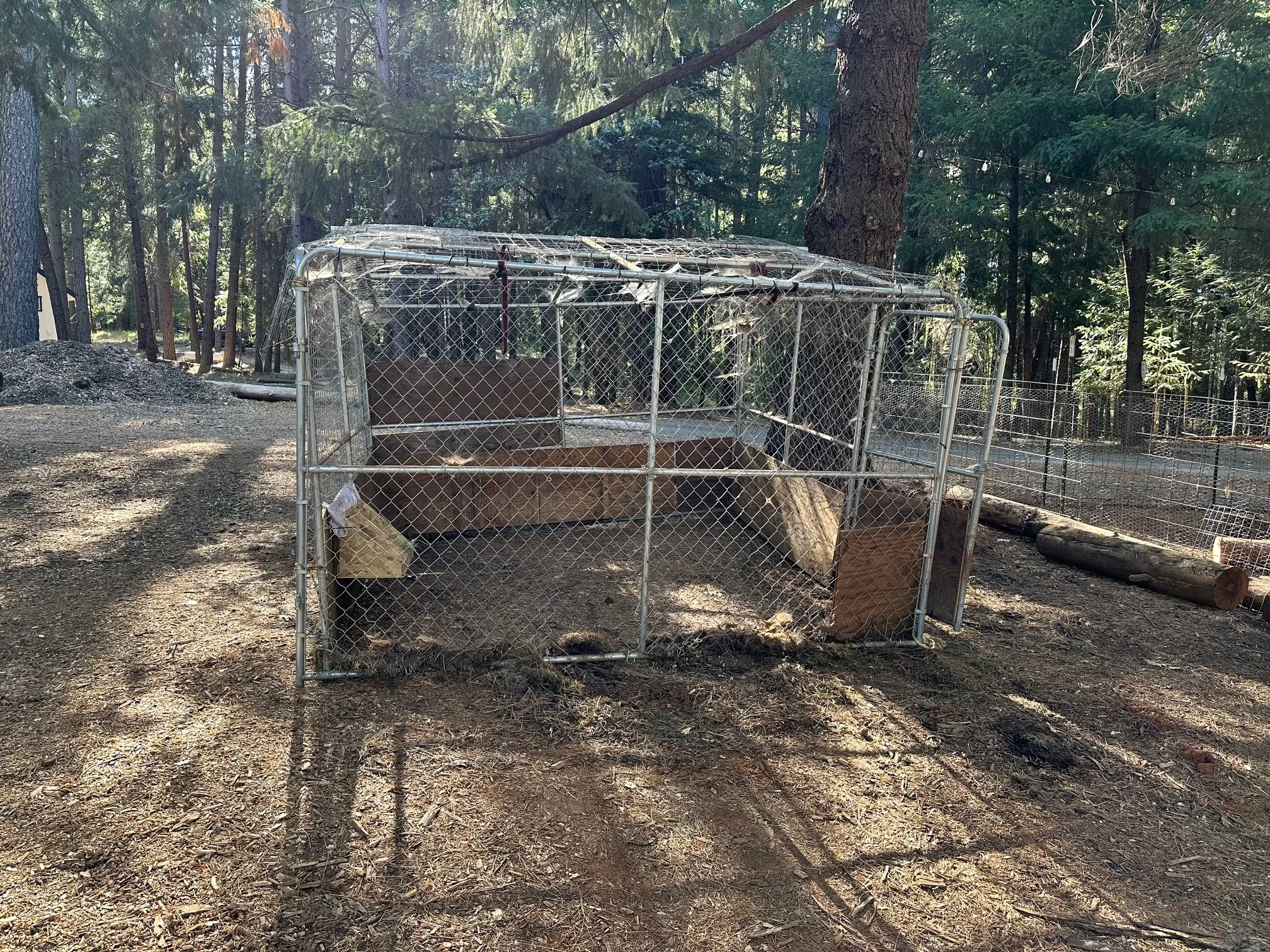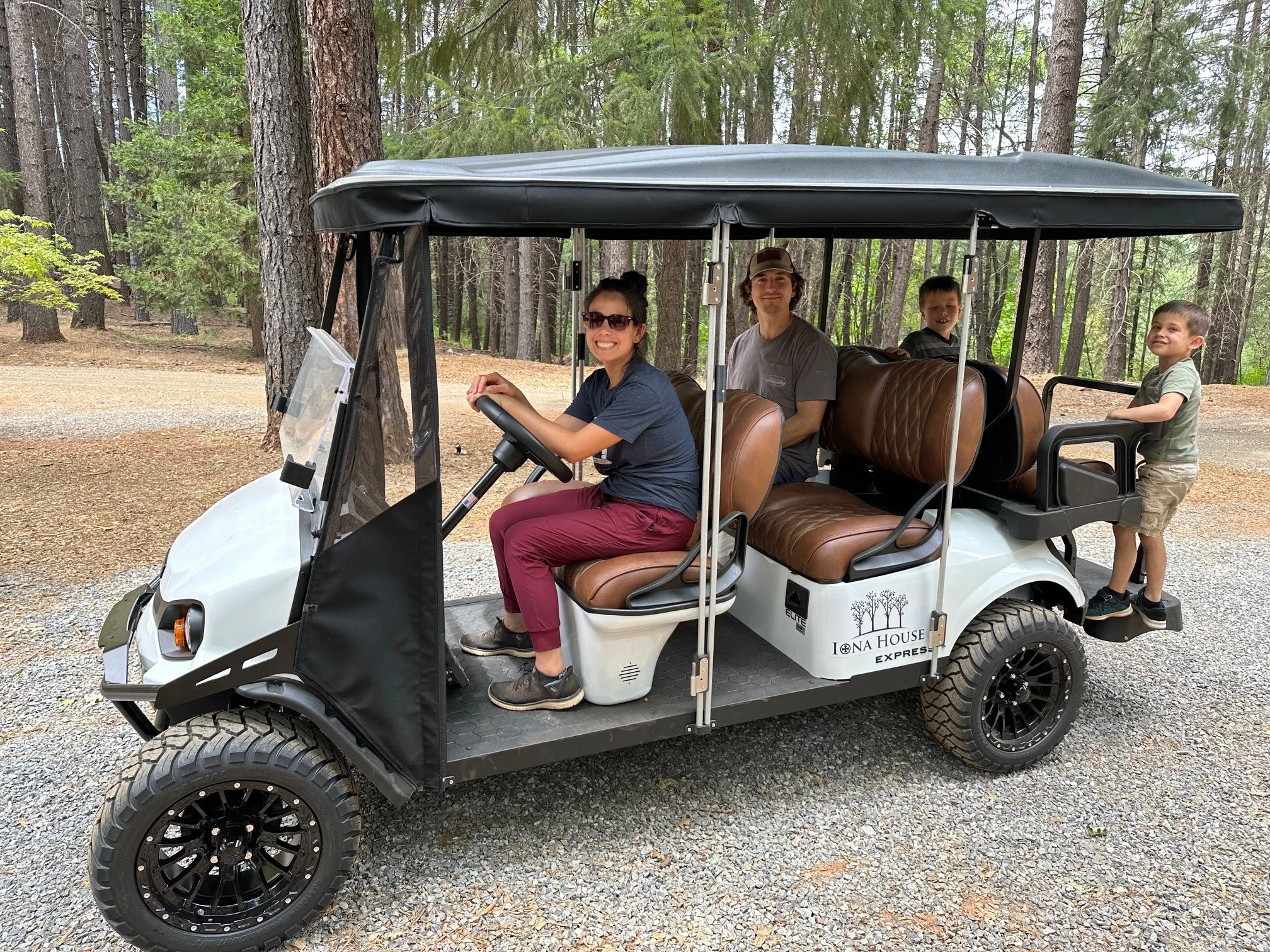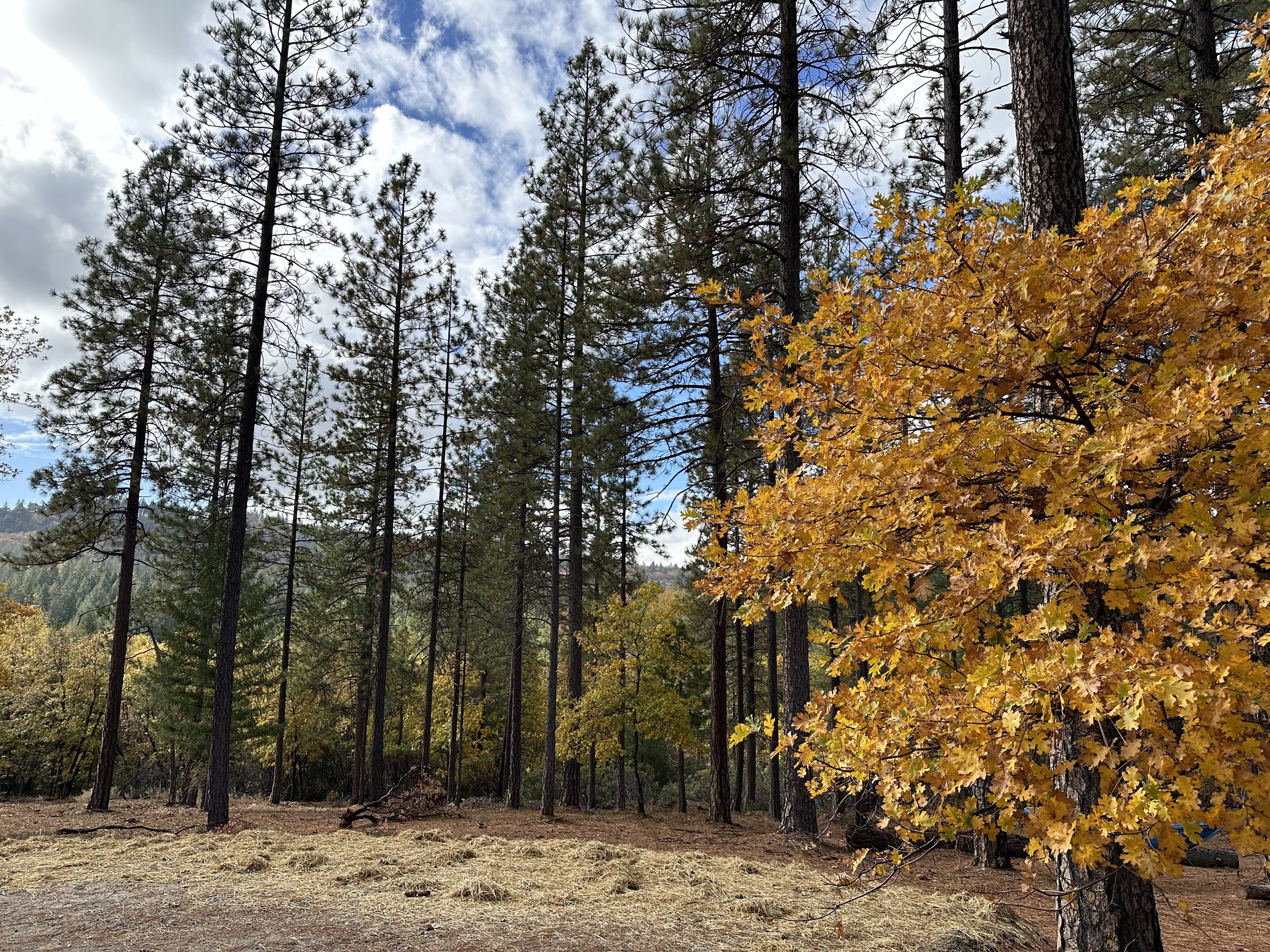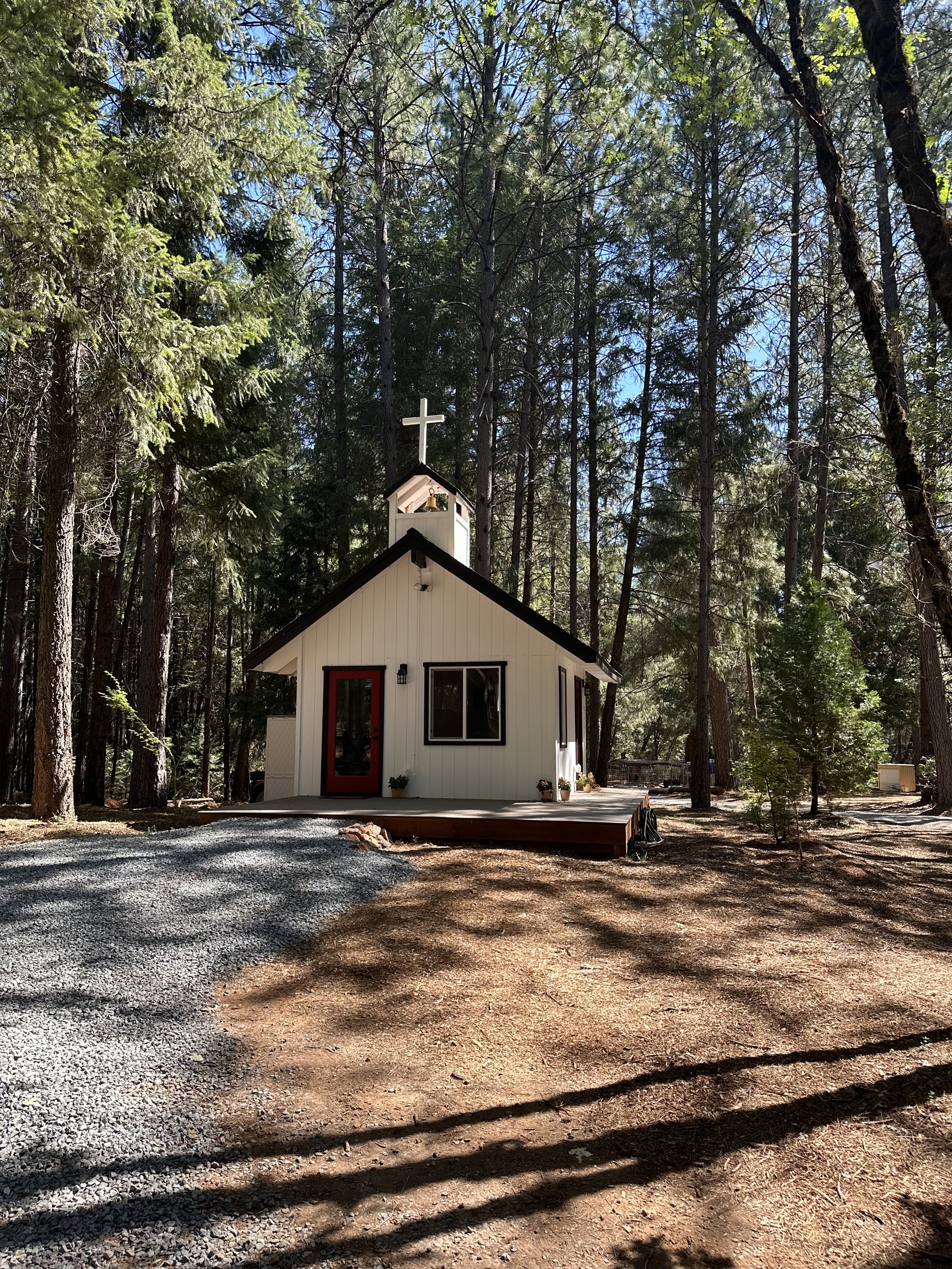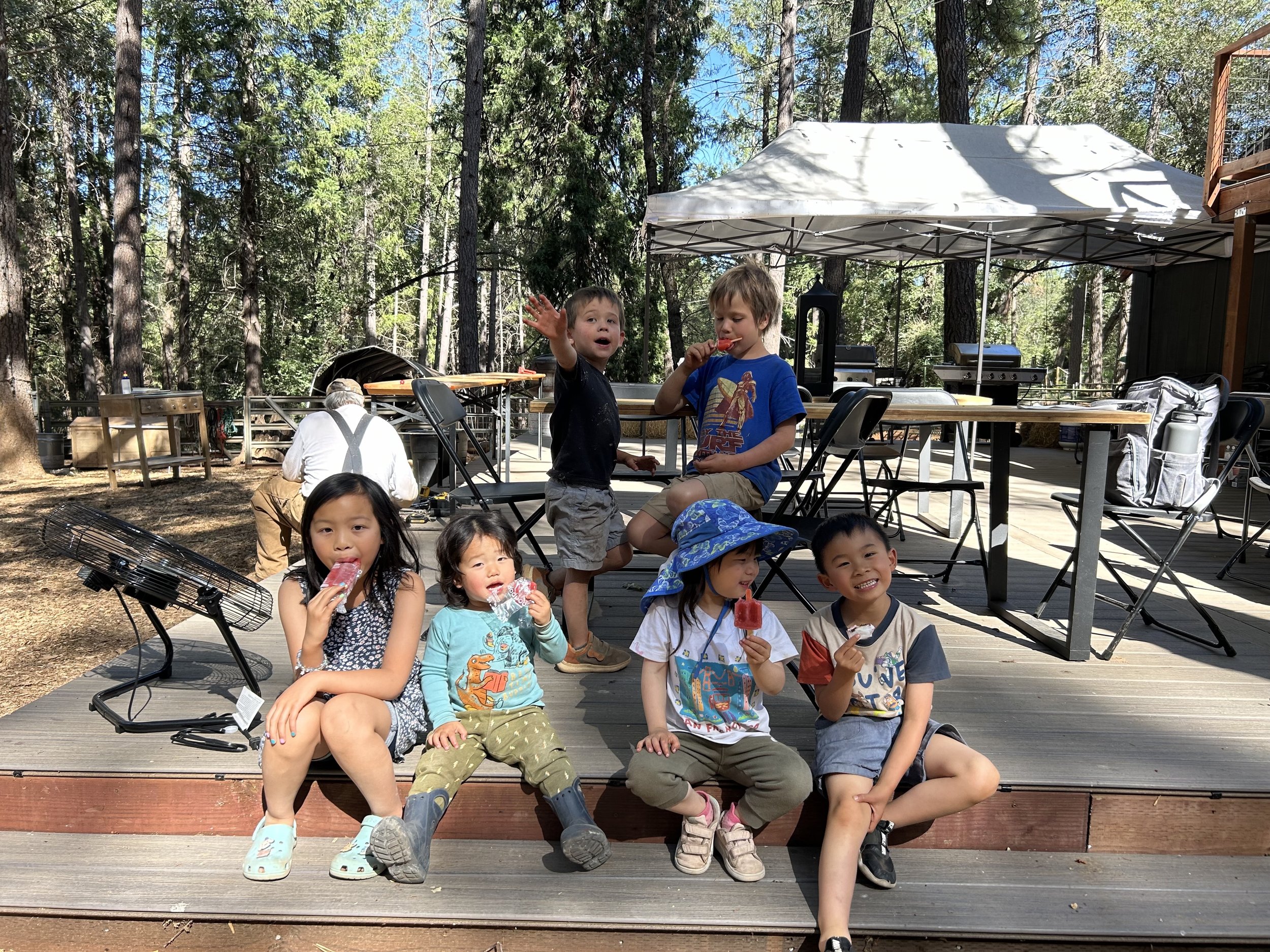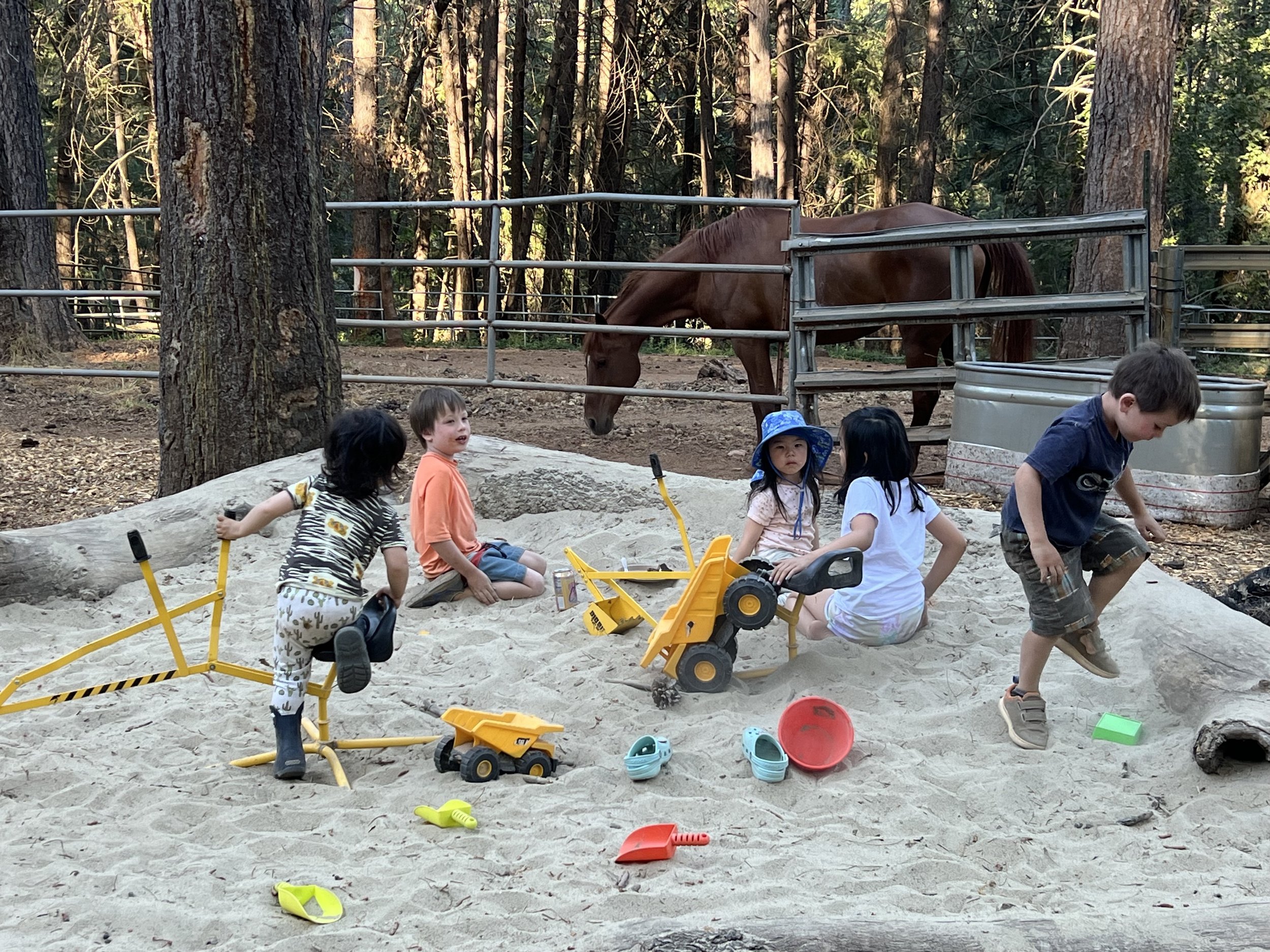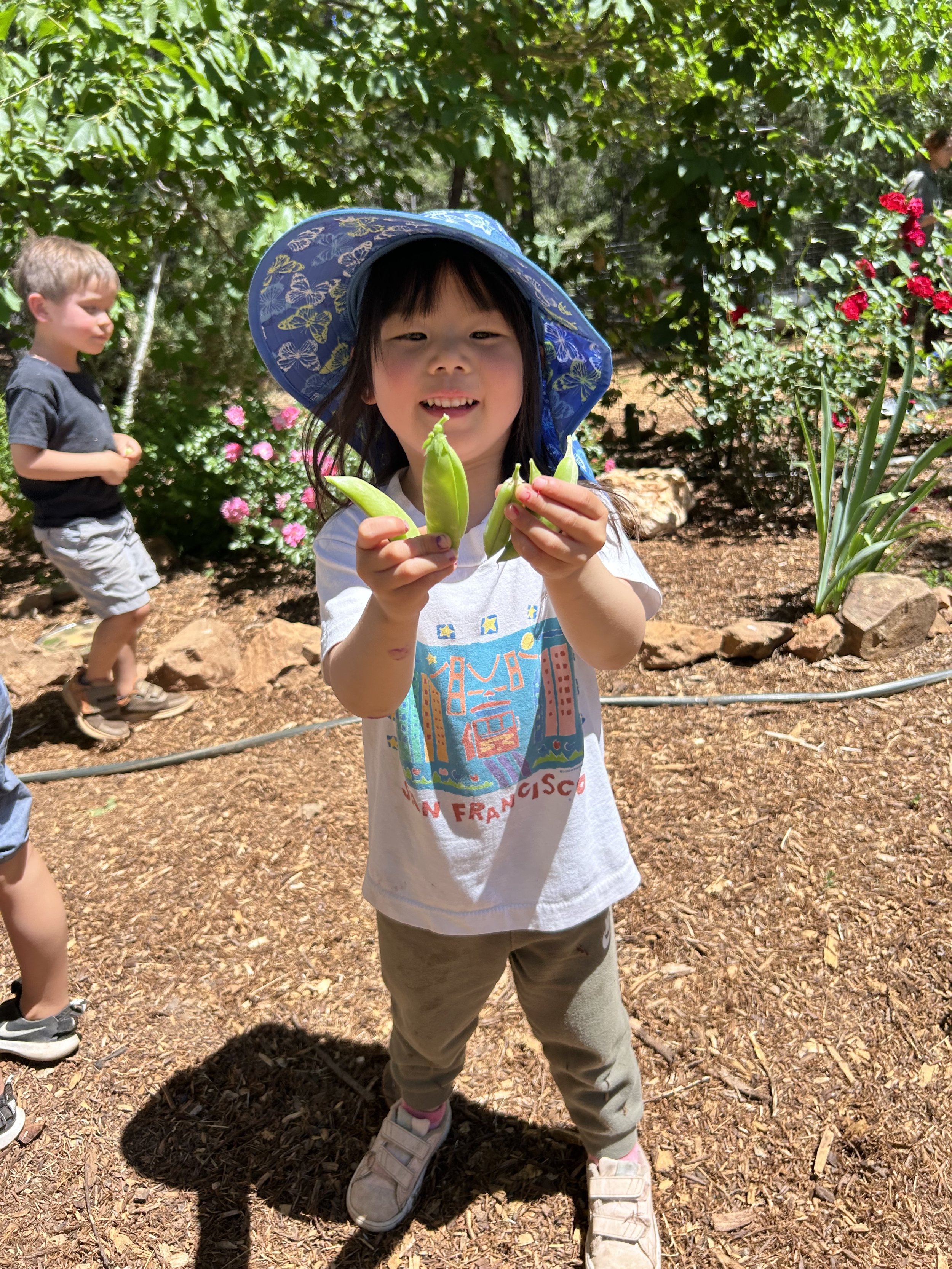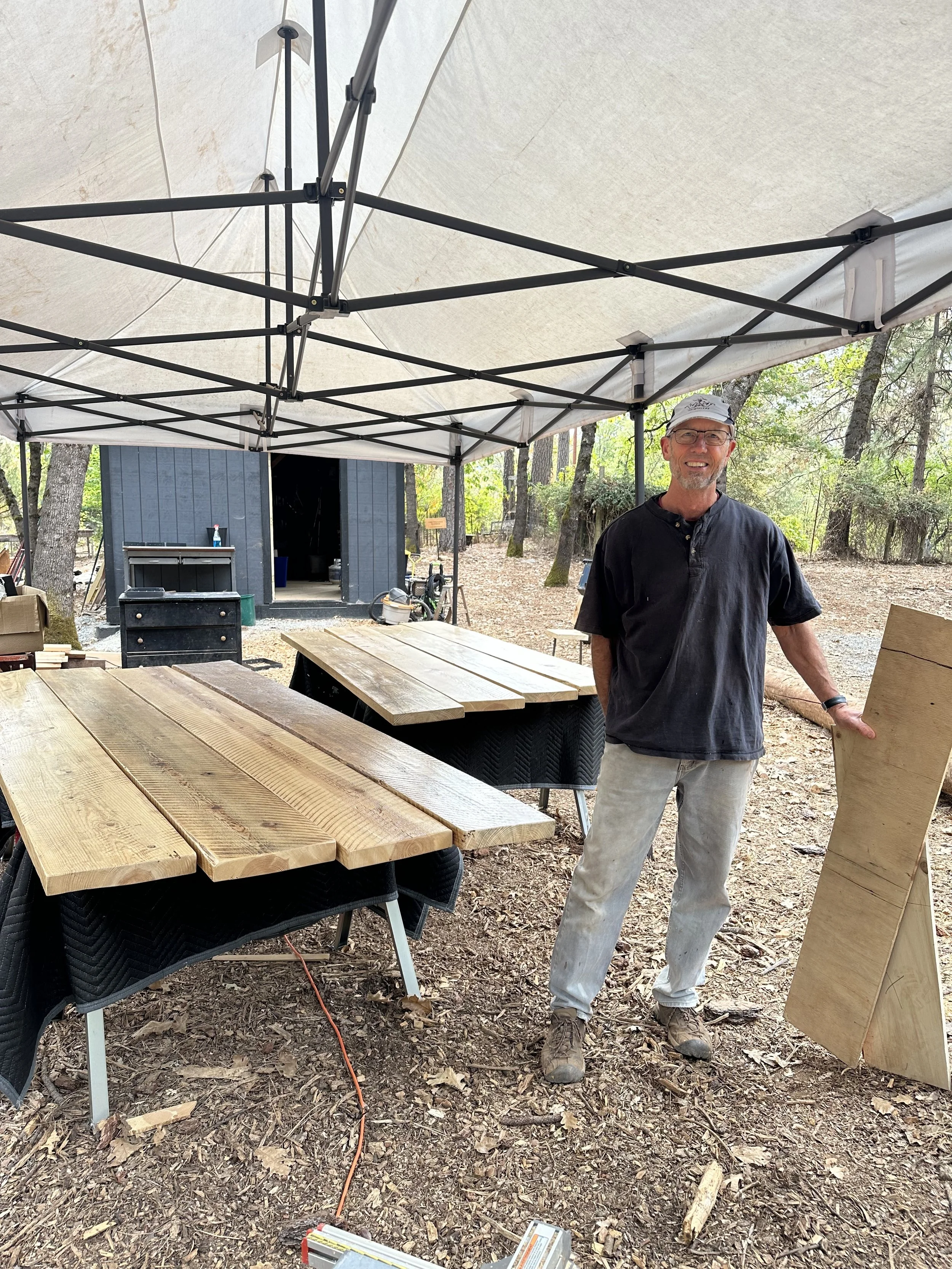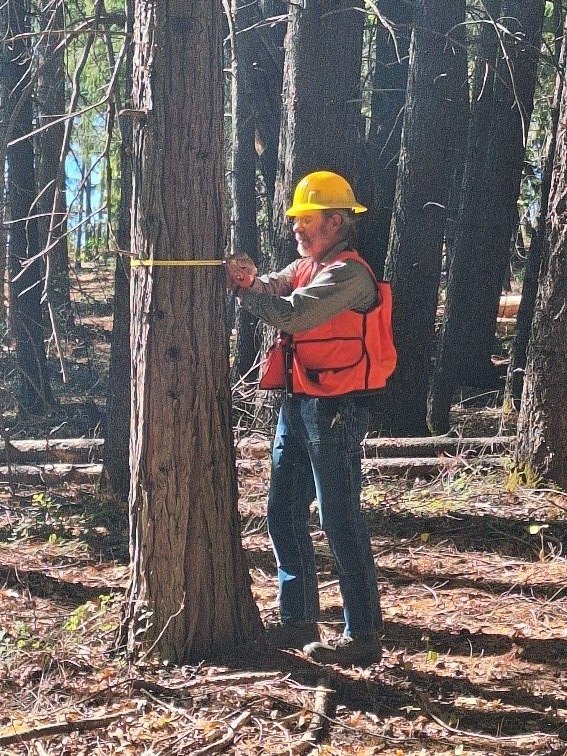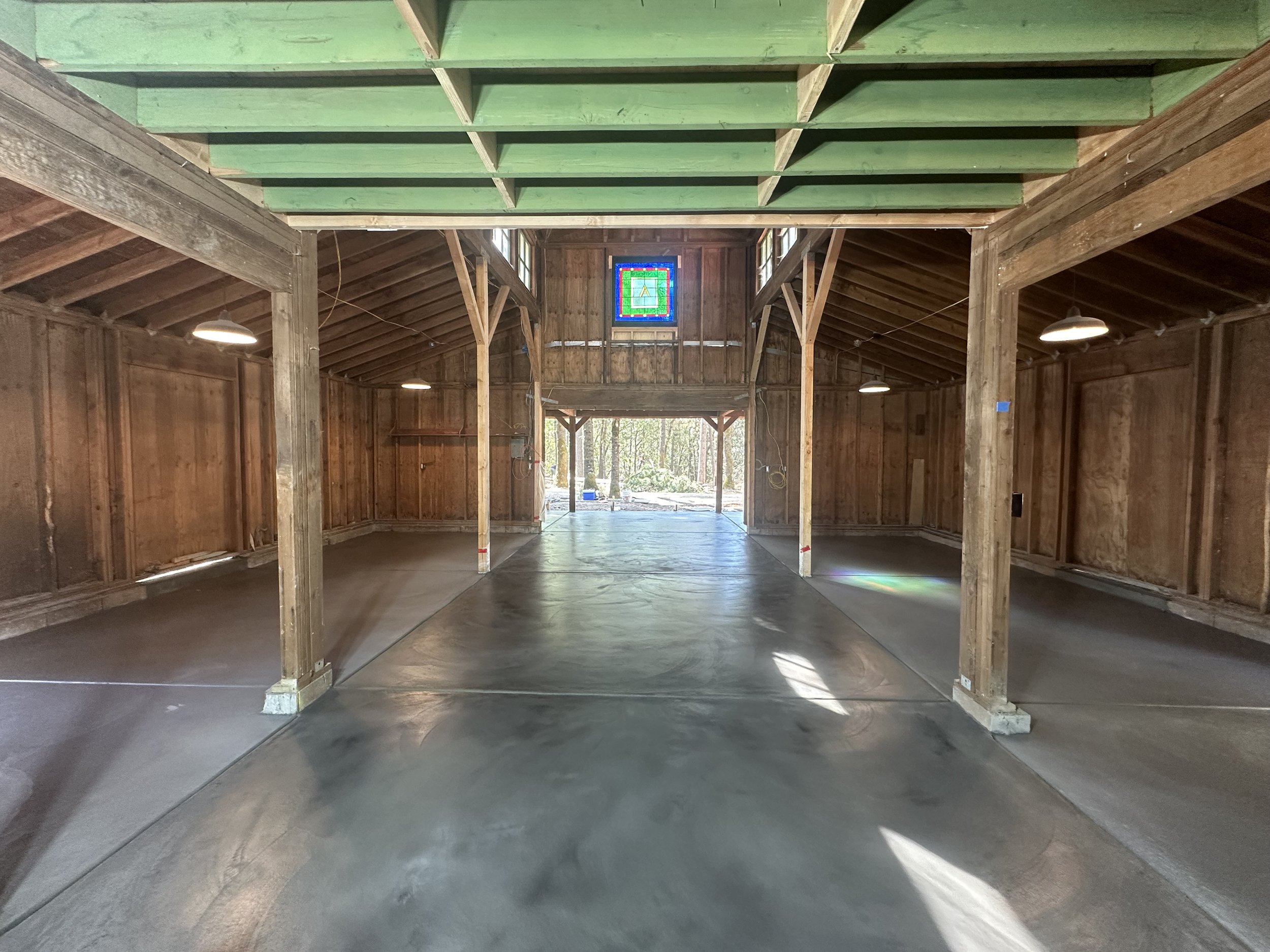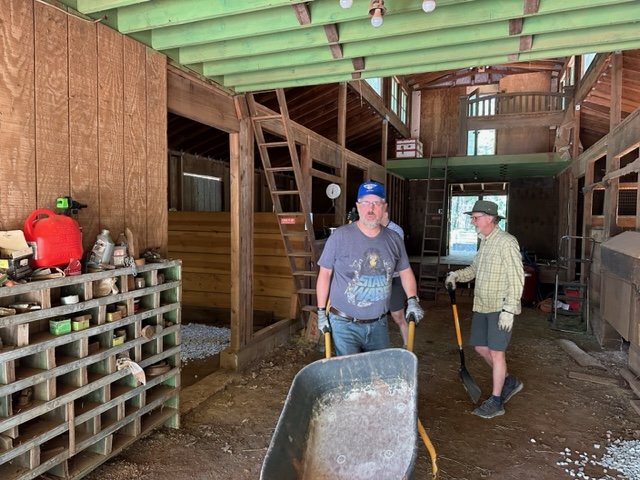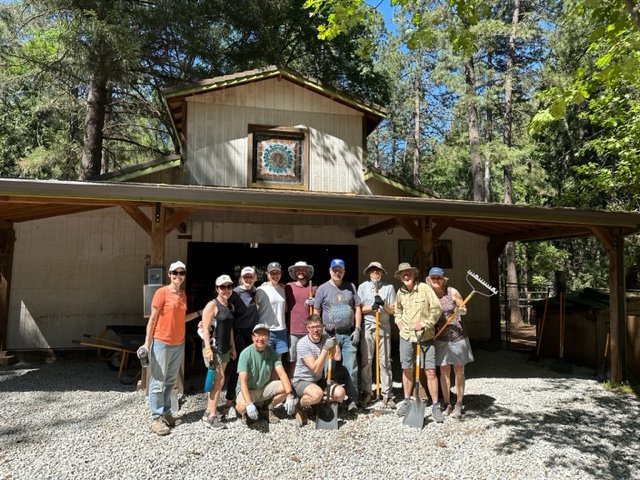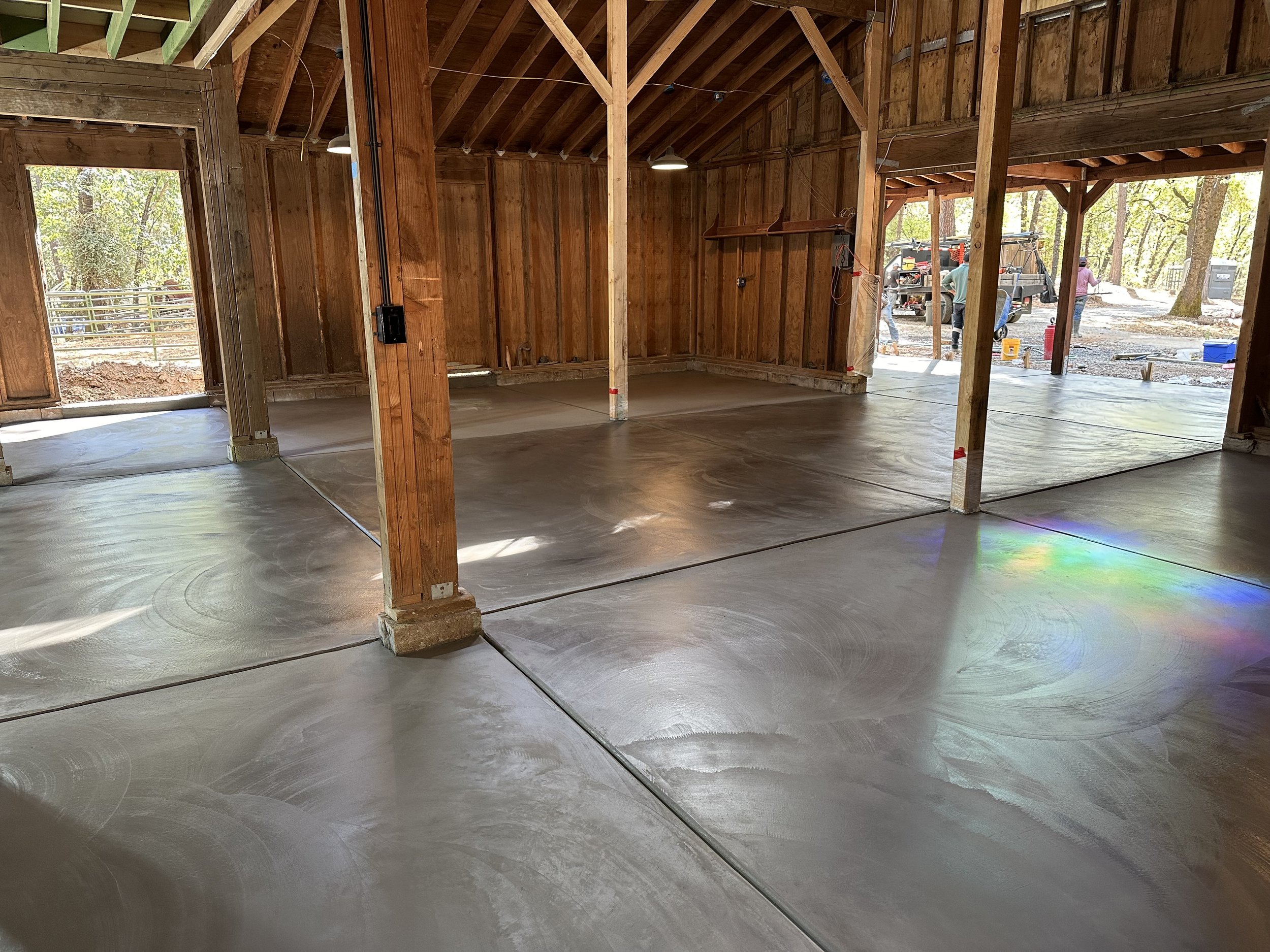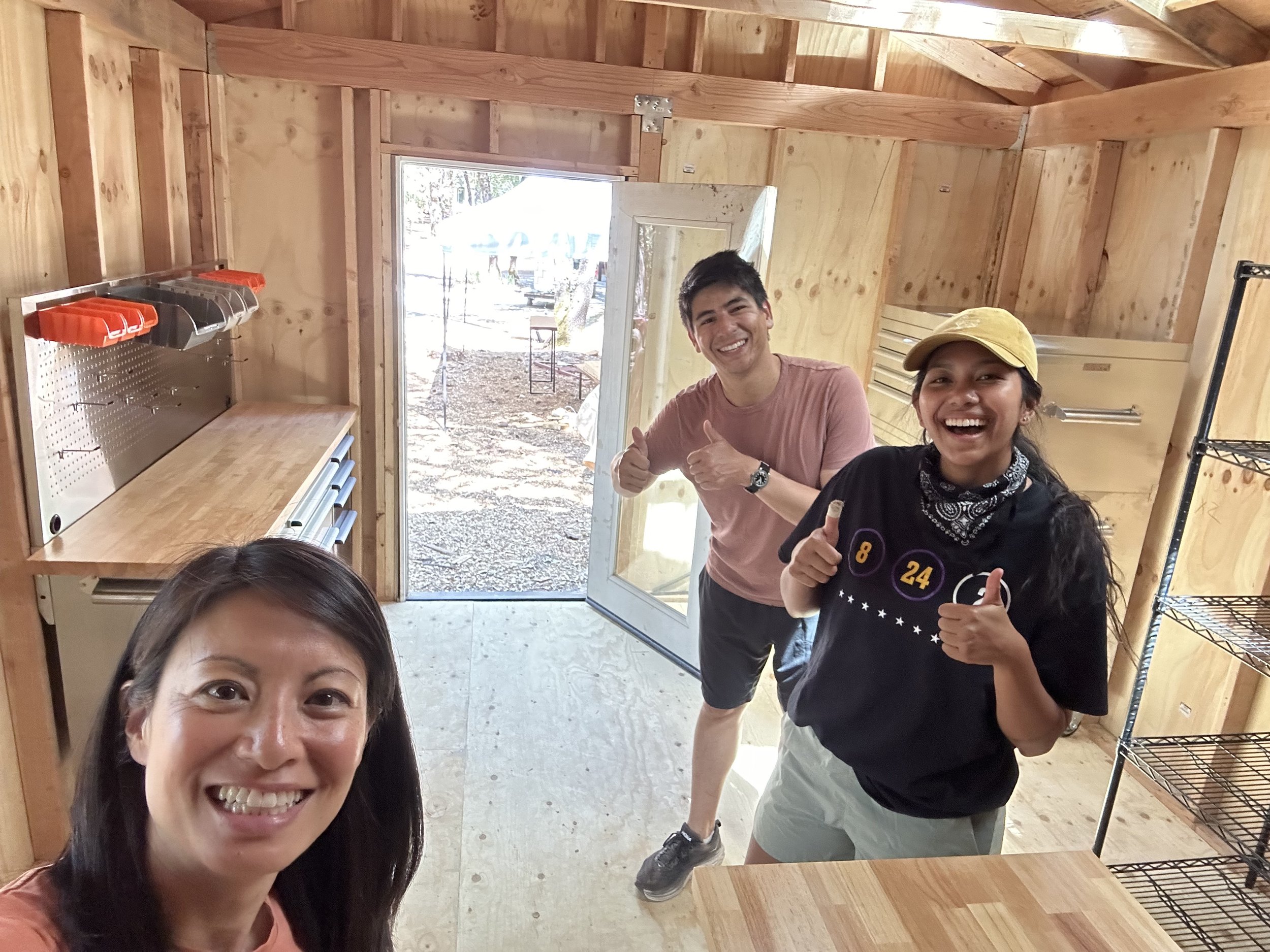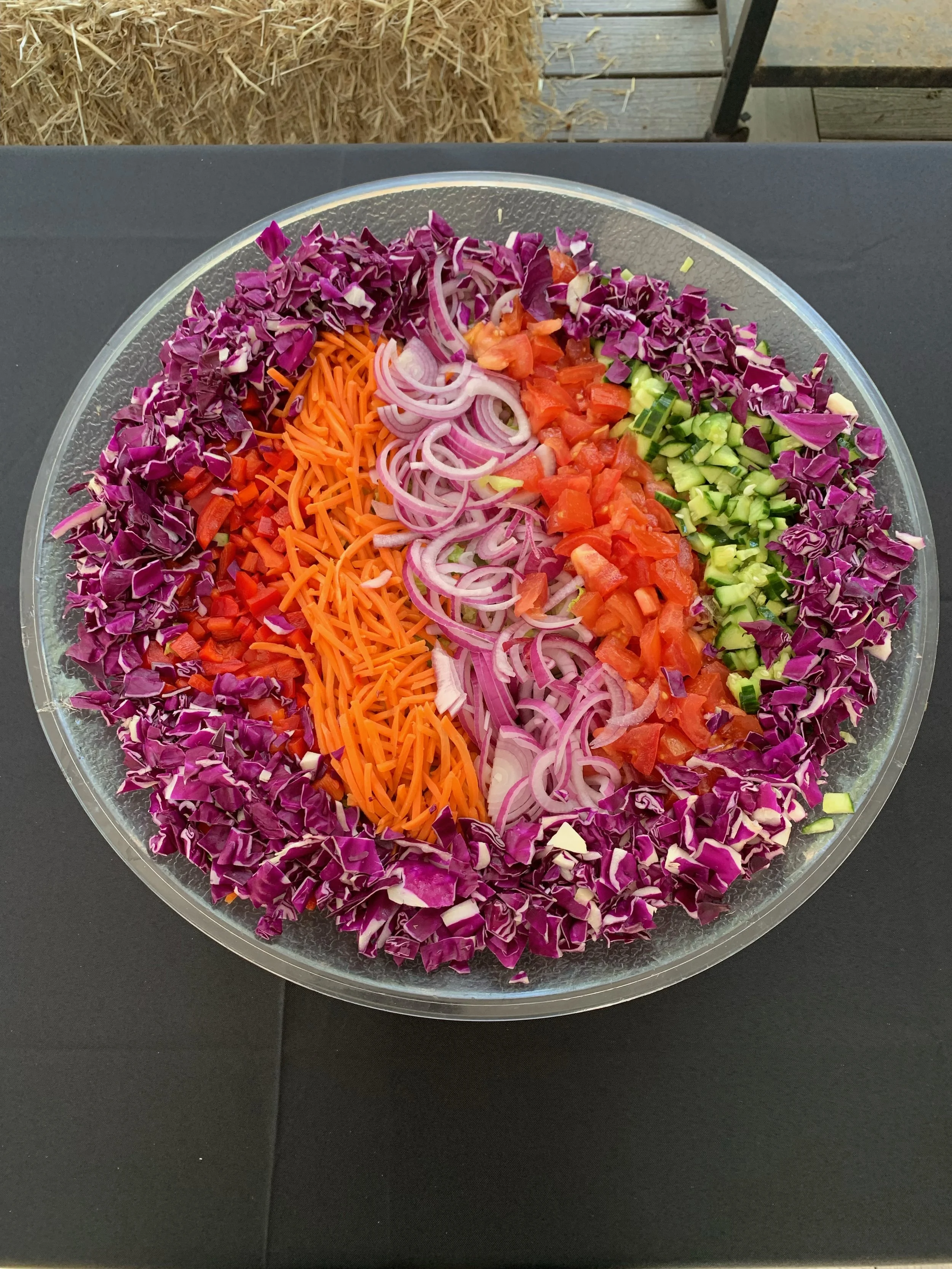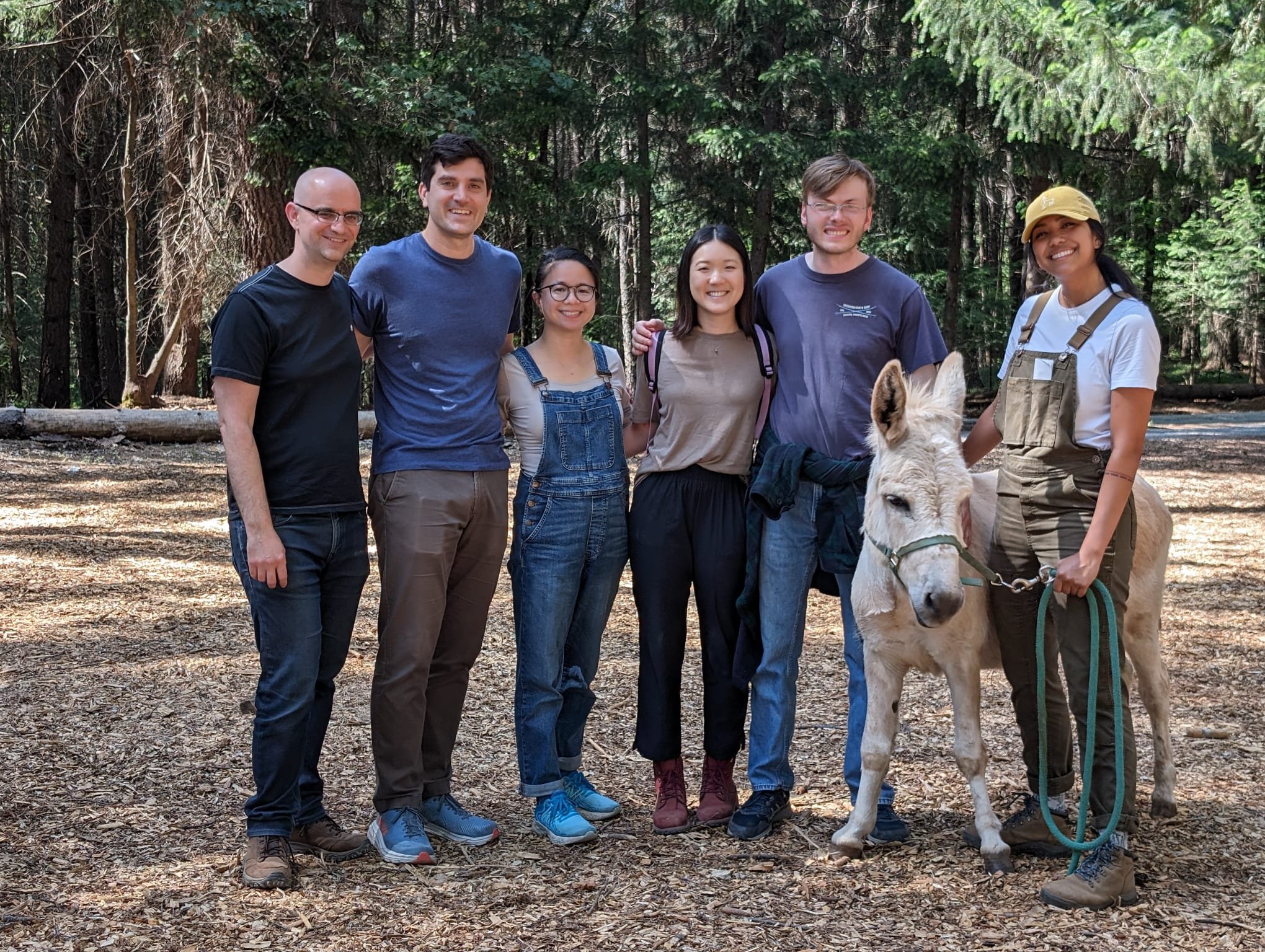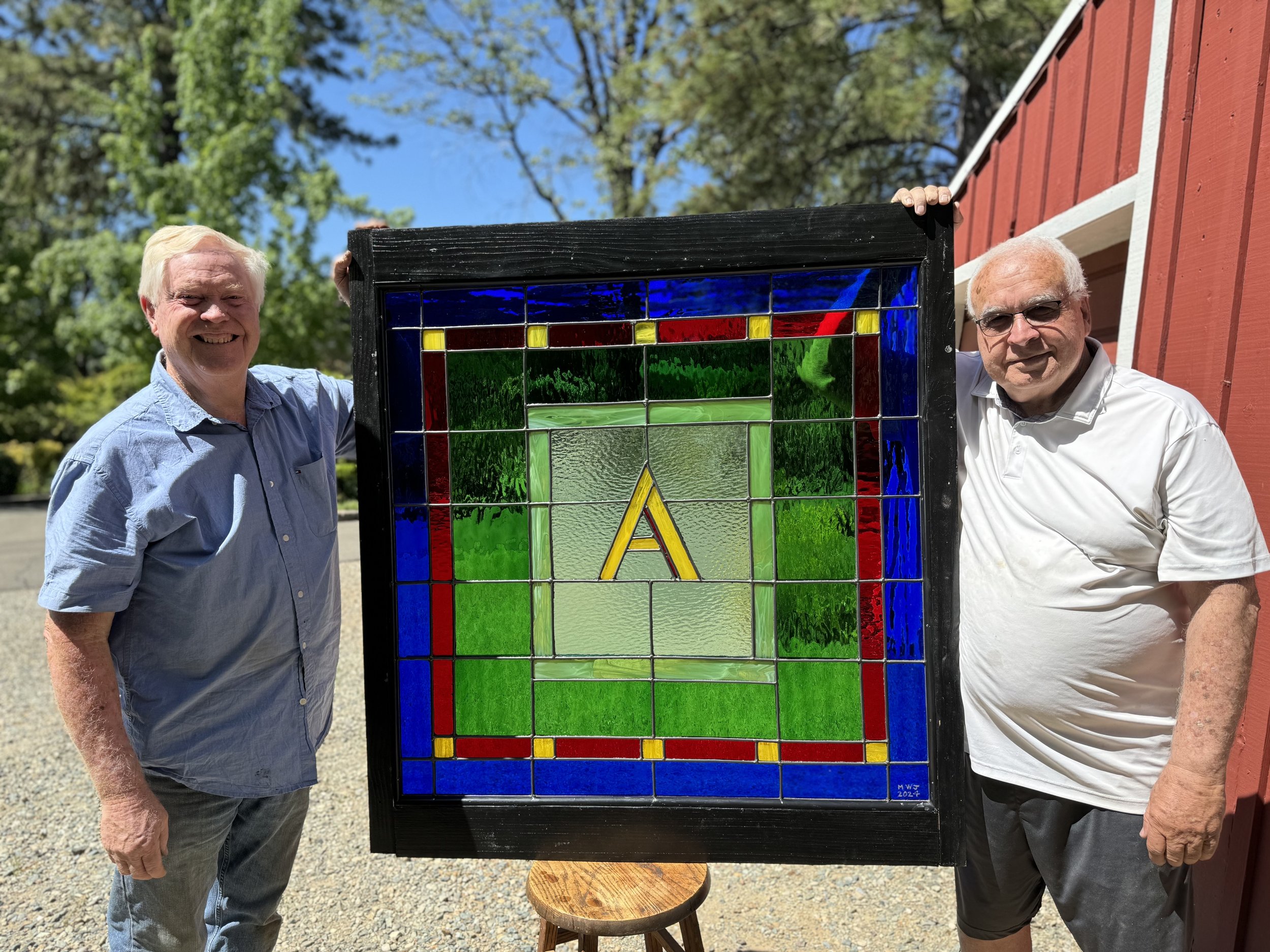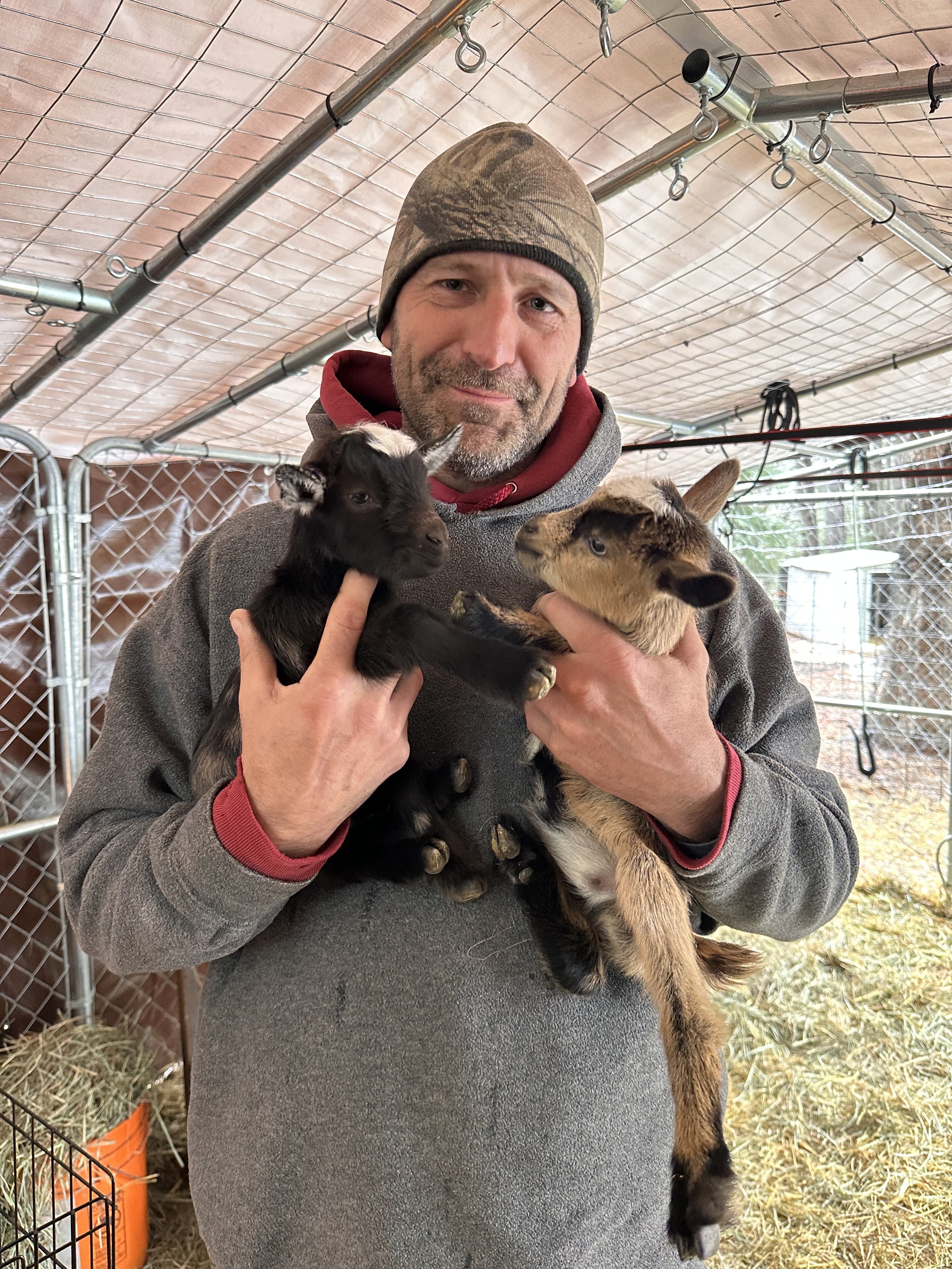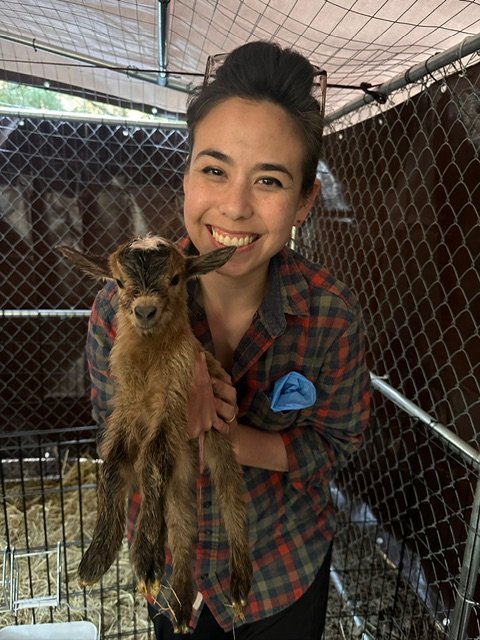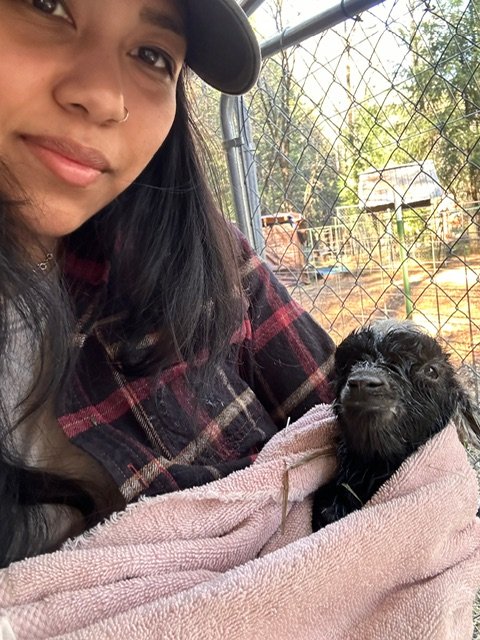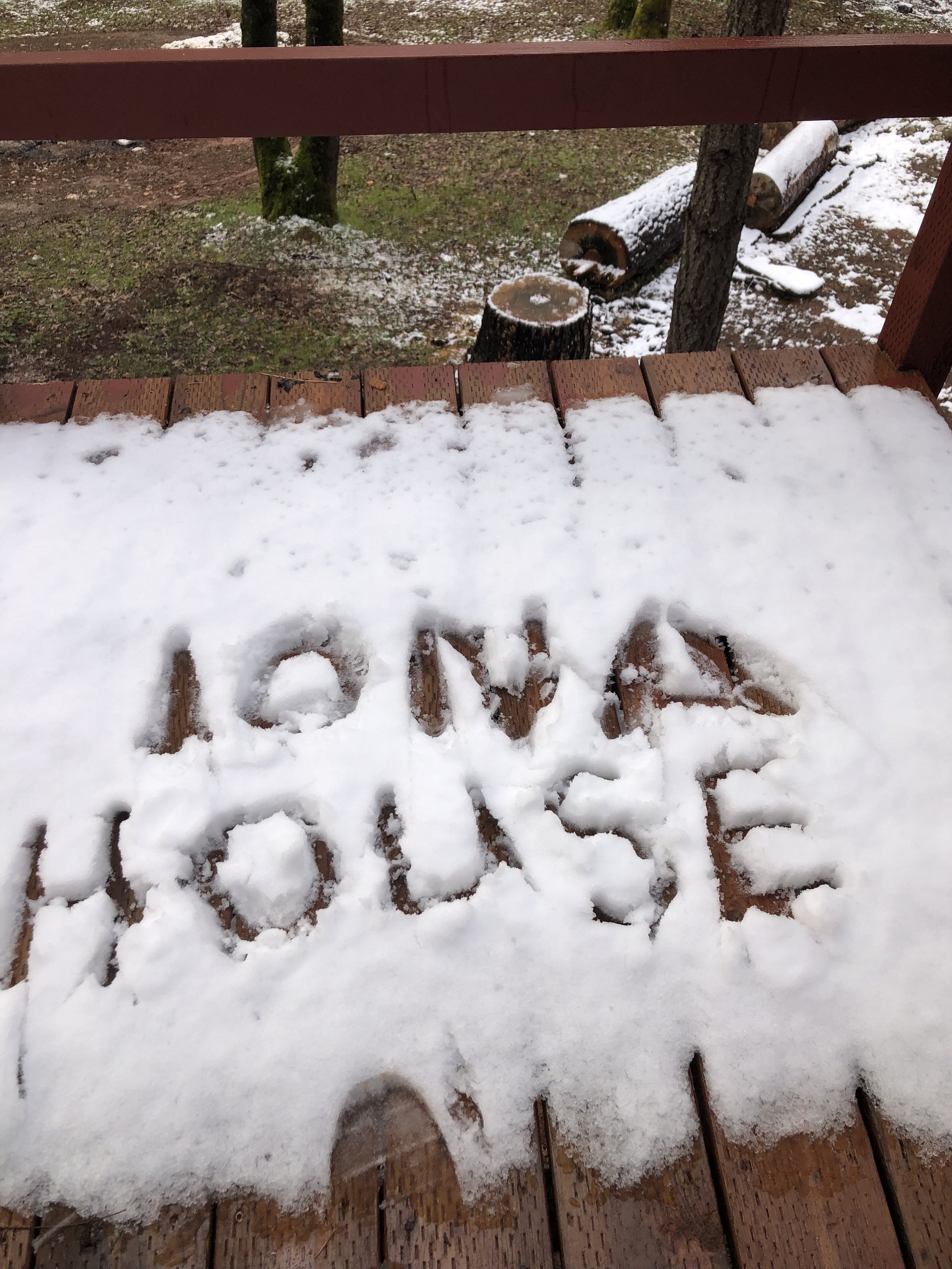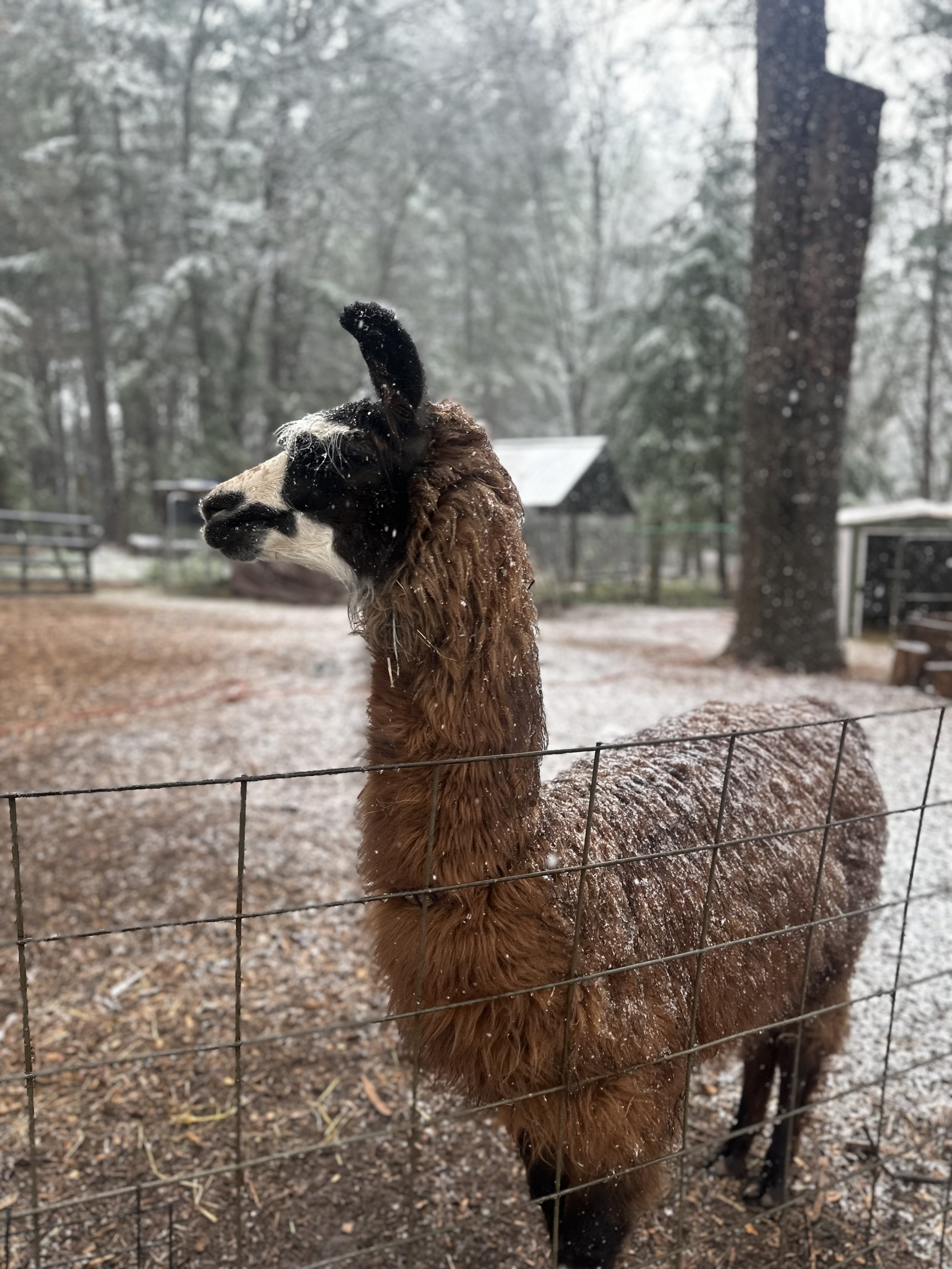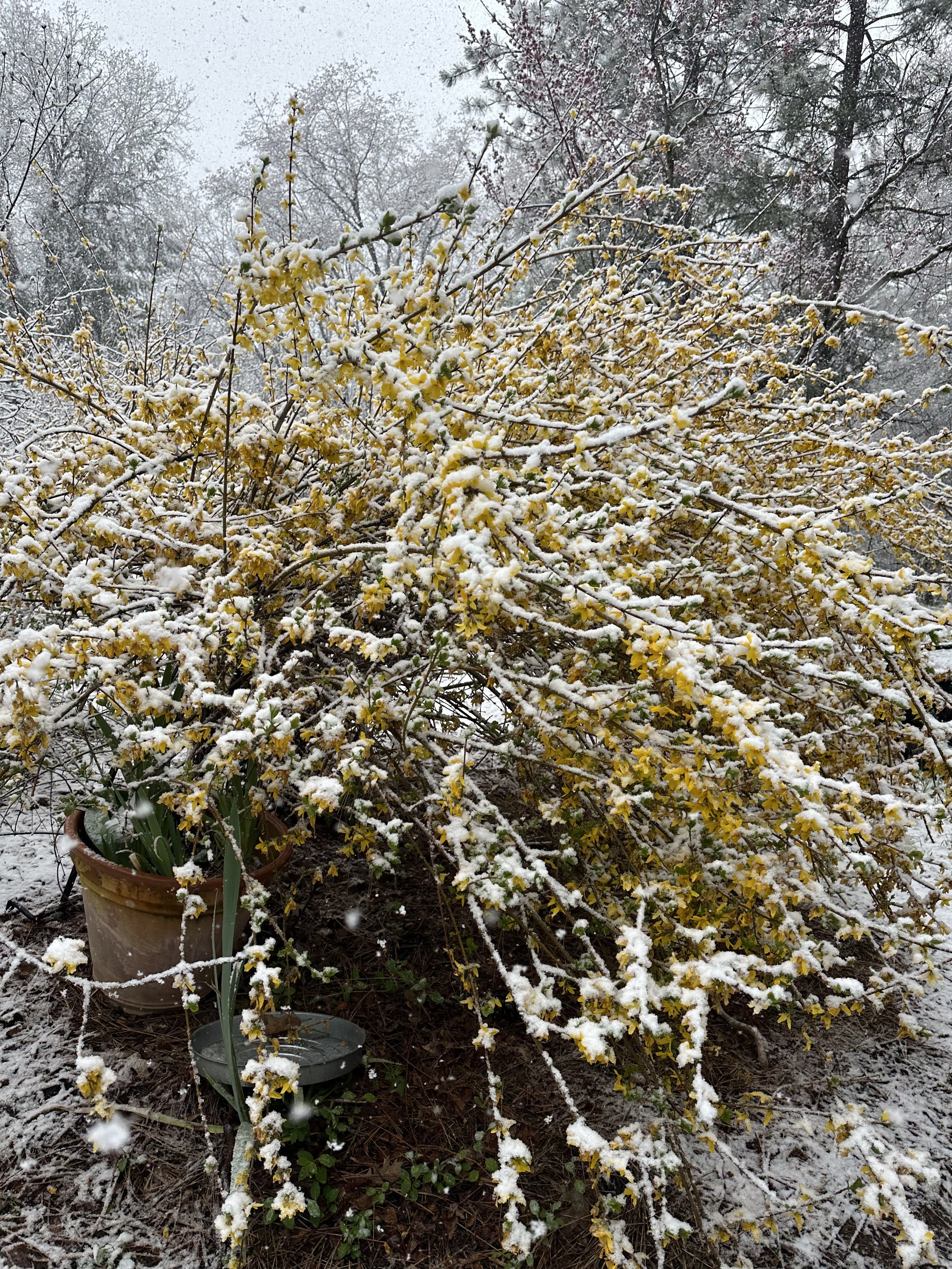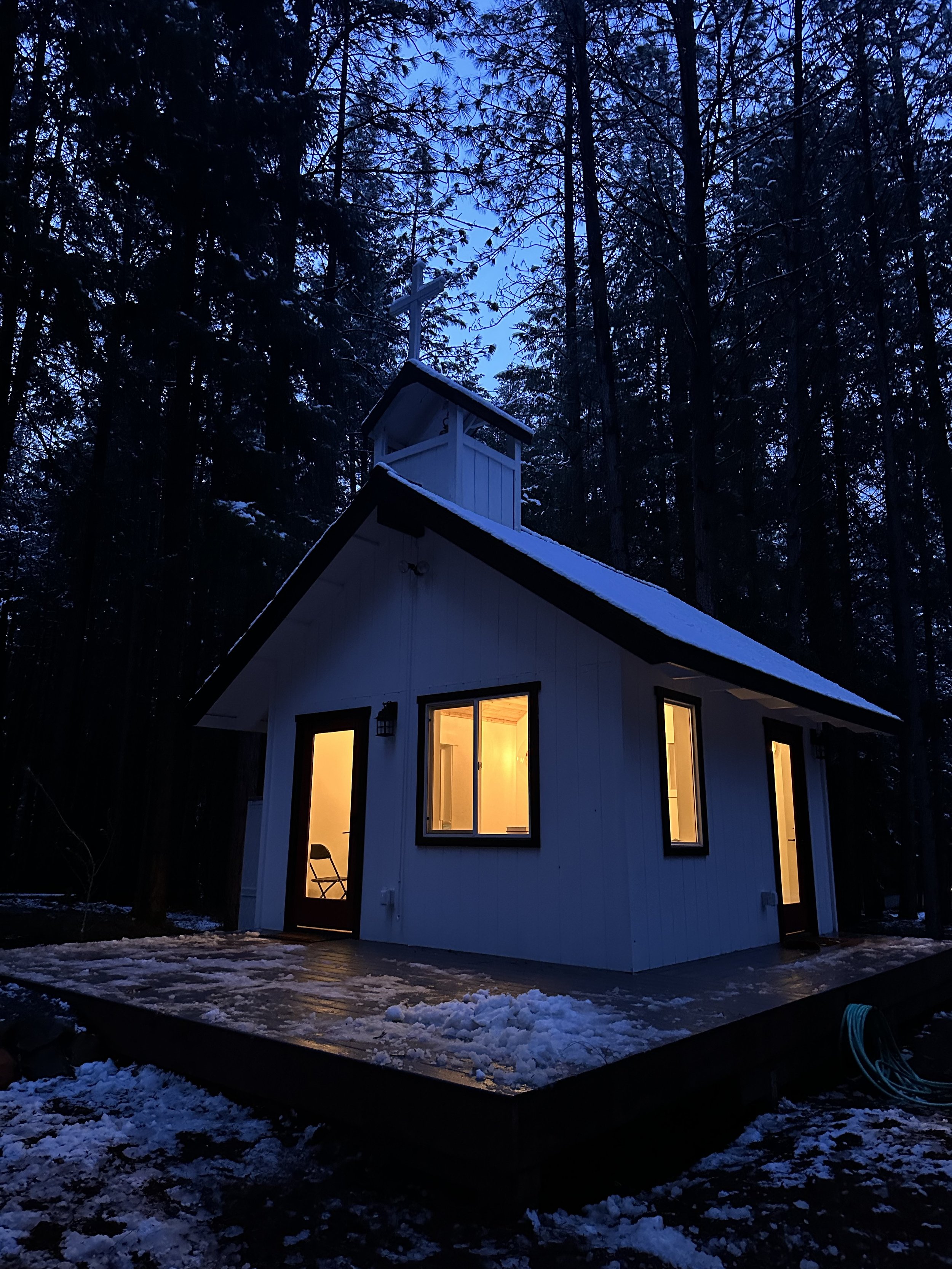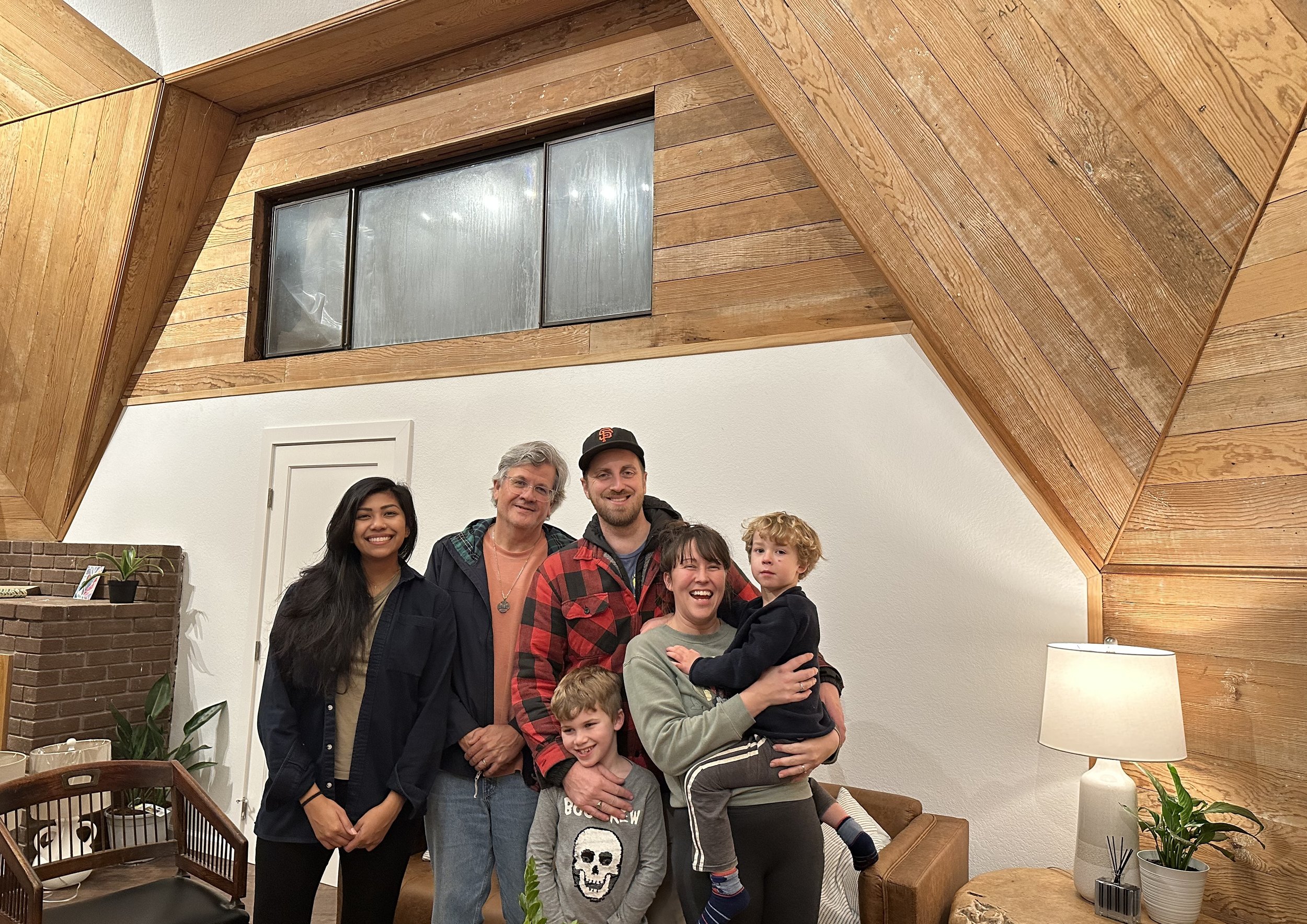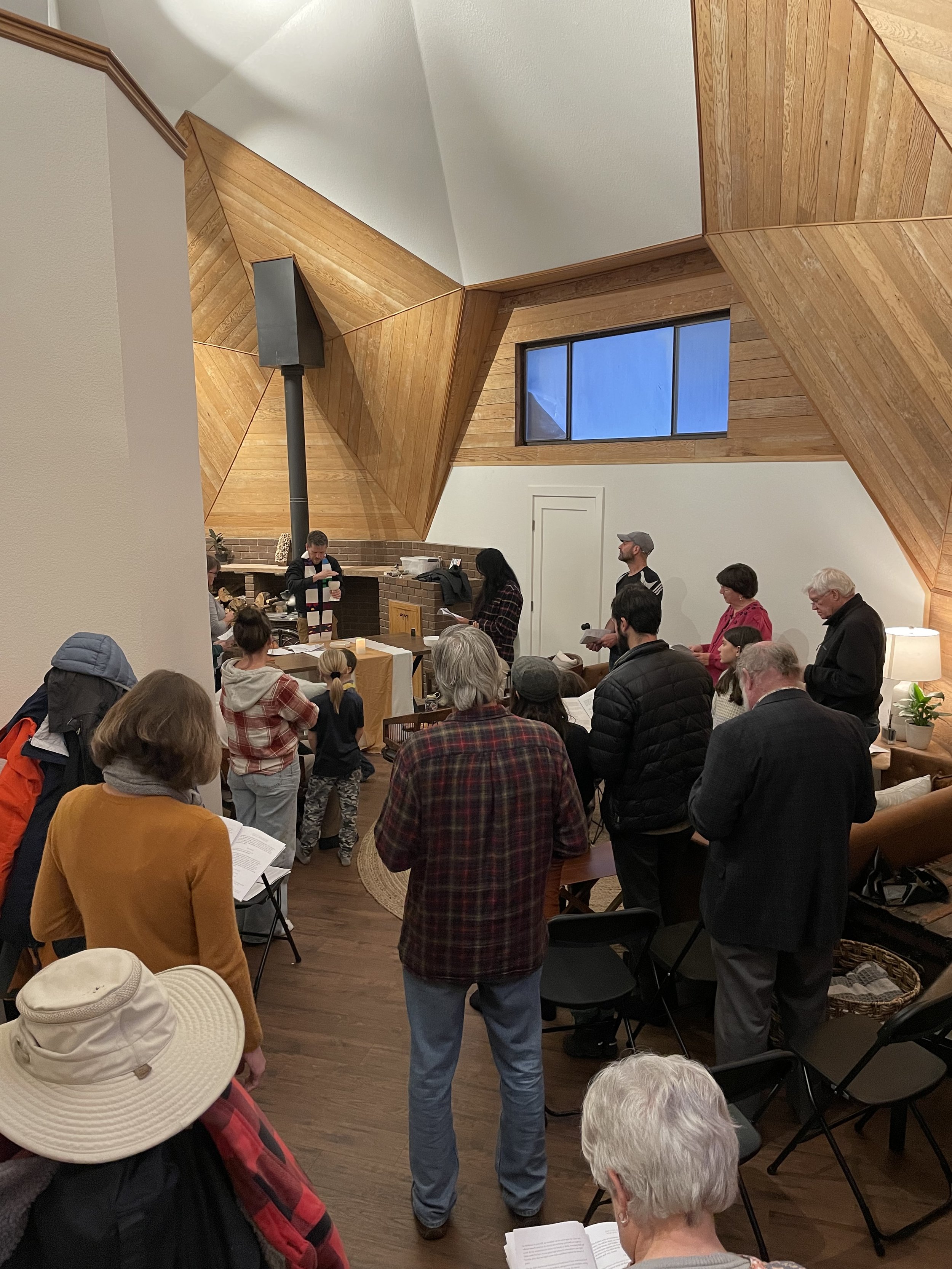A charcuterie board from an Iona House Feast - pointing to a picture of abundance
As you may know, from the beginning Iona House has always operated by means of an economy of generosity. Practically speaking what that means is that we never charge a fee for what we have to offer - whether that is an overnight stay, any food we serve, spiritual direction we offer, workshops we host, or anything else. We never use the word “free” because it’s quite costly. We use the word “gift”. Everything at Iona House is a gift.
But why? Why do we do everything by means of a generosity model?
The vision of operating this way actually came to us as we were praying and dreaming about Iona House a few years before we ever purchased the land, but it was significantly reinforced by a transformative experience we had in January of 2020. Some dear friends invited us to participate in what is called a Journey of Generosity retreat. It’s a beautiful 24-hour retreat that is offered 100% as a gift… with no strings attached. As a participant, it’s an experience of receiving generosity that, as we discovered, opens up different parts of your soul to reflect on the nature of generosity and how generosity is a defining feature of God’s character. In a very real sense, the medium is the message when it comes to the JOG.
The funny thing is that we actually thought our friends had made a mistake when they invited us on this retreat. We knew the retreat was about generosity and giving. But I’m a church planter / pastor. And Elizabeth at that time was a stay at home mom. We had no money… but it turns out that God knew exactly what He was doing with that invite. Because he was fertilizing the small seed of a vision of generosity that was growing in our souls.
It was this experience of a Journey of Generosity that solidified for us the conviction that whatever the Lord was going to do with Iona House, we wanted it to echo the gratuitously generous heart of God. We wanted people who interacted with Iona House to experience the joy that comes with generosity and giving.
So, it was not long after that experience of the JOG that we made a commitment to do everything at Iona House according to an economy of gifts. We made it with some degree of trepidation… but I think very few decisions we have made have been more important. It changes everything about the ministry.
There’s a significant difference between paying for something and receiving something as a gift. Now don’t get me wrong… There’s nothing wrong with paying for something; it’s clean, it’s simple, it’s straightforward… it’s a transaction.
But what God inspired us to do as we began Iona House was to develop a setting in which everything happened not as a transaction, but as a relational gift. Iona House is a place where you can’t buy anything. No matter how much money you have, you can’t pay for an opportunity to be our guest. You can only receive it as a gift.
And we view this not merely as some kind of a clever or cute operational strategy, but as something quite close to the heart of what we are about. Some of you may know that our motto states that we want to be, “a place to reimagine all of life in reference to Christ.” But let’s be honest: If we’re not reimagining money and economics, we’re not getting very far with “all of life”.
We’re convinced that operating within an economy of gifts has massive transformational potential. People tell us this, and we see it every week: guests experience Iona House not from the standpoint of a consumer who is always subconsciously evaluating whether it was worth the price of admission, but as a participant in a beautiful community that is shaped by self-donation.
Practically speaking, this generosity model allows us to treat all guests as though they are a CEO. It doesn’t matter if someone is a student, or in ministry, or a tech executive, they all get the same experience.
For us, the generosity model is a way of expressing the gospel at a meta level. The gospel is all about how we receive grace… unmerited favor… as a gift. We cannot purchase it or earn it. We receive it. And if we understand the generosity of God in Christ toward us rightly, we can NEVER become a dead-end street, merely receiving. We spend our lives passing along and extending the generosity we have received in Christ. We joyfully pour ourselves out for one another, for the poor, and the marginalized - the last, the least, and the lost. This is the way that God designed things to work. It’s an entire economy of generosity and gift-giving. But for many of us, to begin operating this way, we need to reimagine our finances in light of the generosity of God. Iona House is designed to be a place that rearranges our mental furniture about life.
This decision to embrace an economy of generosity at Iona House has, personally speaking, stretched and grown my faith as much as anything I’ve ever done in life. And for Iona House it has become an underlying value that shapes everything else. It means we are never able to simply run Iona House as though it was a business. We are vulnerable, and we are interdependent and we are necessarily connected to an entire community of partners… and this is by design. And the net result of this is that everyone connected to Iona House has the opportunity to be part of the team, and not merely a consumer. And what this has brought about is an enormous amount of joy and connectivity to all aspects of our life together.



